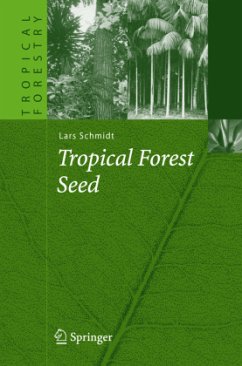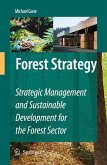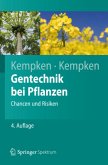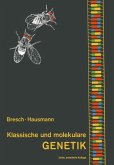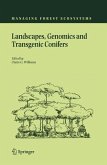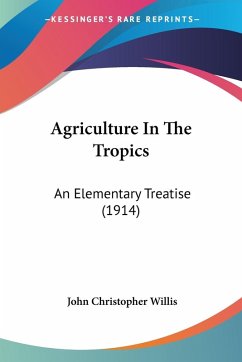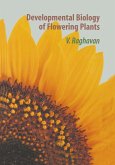The role and perception of forests in tropical areas has changed drastically during the last half century. Natural forests, as resources for forest products, are dwindling. Sustainable management of natural forests faces many diffic- ties in practice, although progress has been made. However, rural people in tropical countries often experience that the forests, which were previously the buffer for agriculture and an important resource, are becoming more and more inaccessible. Remaining forests are to a large extent protected, degraded or so far away from settlement that in practice they are beyond reach. The majority of the world's forest products in the future will come from m- made plantations and cultivated trees. The term 'plantation', usually referring to traditional block plantings of industrial species, is acquiring a wider me- ing which includes, for example, smaller woodlots, shelterbelts and various types of agroforestry. Forest seeds are in this context of utmost importance. Not only are seeds the most commonly used propagation material, they are also the carriers of the genetic material from one generation to the next. Forest seed handling is thus an integrated part of selection, management, devel- ment and conservation of forest genetic resources in a larger context. With this in mind, and considering how self-evident the matter of seed quality is in agriculture, one can wonder how little attention has been and is given to f- est germplasm in many afforestation and plantation programmes.
Aus den Rezensionen:
"... Durch den Aufbau des Buches und die systematische Themenauswahl wird bereits deutlich, dass es sich bei dem Buchautor um einen Experten handelt ... Damit erweist sich das Buch ... nicht nur als umfassender Ratgeber für die Praxis, sondern vermittelt zielgerichtet auf ein besseres Verständnis auch notwendiges Hintergrund- und Detailwissen ... Damit ist 'Tropical Forest Seed' ein Muss für diejenigen, die sich spezifisch mit der Produktion und Erhaltung tropischer Baumarten auseinandersetzen ..." (Ludger Leinemann, in: Forstarchiv, 2008, Vol. 79, Issue 3, S. 123)
"... Durch den Aufbau des Buches und die systematische Themenauswahl wird bereits deutlich, dass es sich bei dem Buchautor um einen Experten handelt ... Damit erweist sich das Buch ... nicht nur als umfassender Ratgeber für die Praxis, sondern vermittelt zielgerichtet auf ein besseres Verständnis auch notwendiges Hintergrund- und Detailwissen ... Damit ist 'Tropical Forest Seed' ein Muss für diejenigen, die sich spezifisch mit der Produktion und Erhaltung tropischer Baumarten auseinandersetzen ..." (Ludger Leinemann, in: Forstarchiv, 2008, Vol. 79, Issue 3, S. 123)

